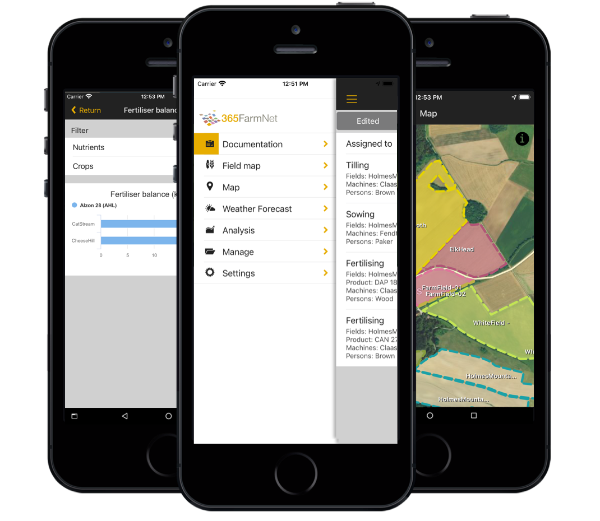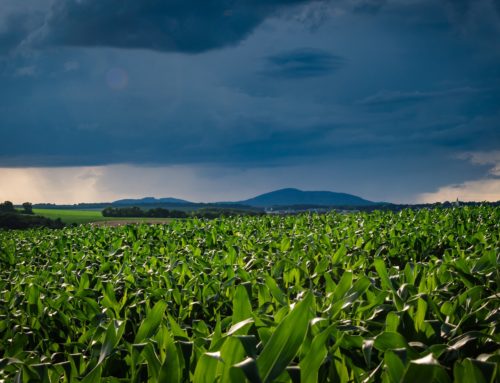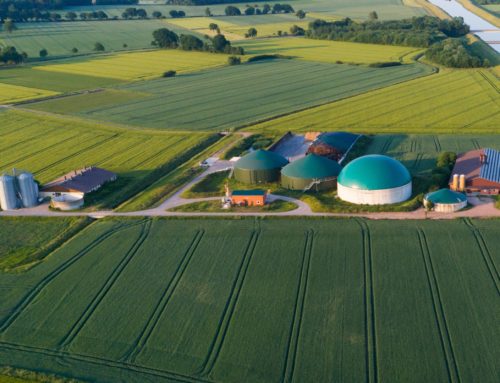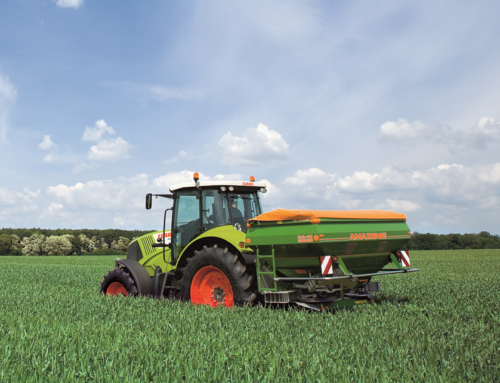Cross-compliance with digital support
Entitlement to income aid in compliance with provisions of the European Union (EU): What is meant by cross compliance (CC) in agriculture can be briefly described. The requirements cover specific areas such as environmental protection, human, animal and plant health as well as animal welfare. It is important to know that the EU sets particularly high standards. Agricultural payments offer incentives to meet these standards. At the same time, they create a compensation for higher production costs incurred in the EU compared with other countries. The linking of agricultural payments to standards was legally established by the EU in 2003 with the introduction of cross-compliance. The regulation No. 1306/2013 together with the implementation provisions of the individual member states governs which provisions are relevant. In the case of Germany, this concerns the agricultural payment obligation act and the agricultural payment commitment regulation.
Cross-compliance linked to agricultural payments of the EU Common Agricultural Policy: But what is being checked?
For agricultural businesses, cross-compliance has a real impact on practice. Every year, around five per cent will check whether they comply with the regulations and receive EU funds. A check can affect anyone who has submitted a multiple application. But what is being checked? What proof must be readily available?
In order to receive income support, agricultural businesses must follow a number of basic rules. These rules relate to the “statutory management requirements” (SMR) as well as the “good agricultural and environmental conditions” (GAEC). The SMR must be complied with regardless of whether aid aids are obtained within the framework of the Common Agricultural Policy (CAP). These include regulations on public health, animal health, plant health, animal welfare and environmental protection. In addition, the regulations in the GAEC area have to be complied with for the aid as part of the CAP. Reducing soil erosion, preventing the removal of landscape elements, greening areas taken out of production and protecting water bodies – these are a few of the goals.
The type of proof to be presented during a check depends on the type of farming management. In addition to the advisory recommendations for nitrogen fertilisation, these are usually the test results of the farmyard manure used from external farms (e.g. biogas fermentation residues), the nutrient comparison (determination of fertiliser requirements and material flow balance), the soil analyses for phosphate for all field plots over one hectare (not older than six years), the certificate of competence in crop protection and the crop protection records.
The list shows that the obligation to provide proof is associated with a great deal of documentation effort. In the event of errors, negligence or incompleteness of documents, there is a risk of penalties, which are determined by the inspectors according to severity, extent and duration – with the consequence that agricultural payments can be reduced. The list also shows that the obligation to provide proof cannot (any longer) easily be met with a piece of paper and a pen, particularly as the requirements are likely to increase. The question is: What contribution can digitisation contribute to make the work easier, safer and more efficient?

Cross-compliance with digital agriculture
In the digitisation of agriculture, the working reality of farmers must be centre stage. The question is how they can be supported in order to better cope with their daily challenges. Compliance and documentation are specific topics that are at the top of the list.
The fact of the matter is that agriculture is already one of the leading economic sectors in terms of automation and digitisation in many areas. More and more farmers are seeing themselves as yard managers with a smartphone and tablet. They use digitisation to protect natural resources with crop protection and using fertiliser efficiently. With digital support, they optimise operating processes, make agriculture more cost efficient and thus more competitive.
In doing so, work is challenging in agriculture: it is not working by the clock; rather, it is subject to meteorological factors and growing seasons. Many measures occur simultaneously or in an immediate chronological sequence, on separate fields, with different machines and means. Every harvest year is different and not “standardised”. And through it all, the obligation to provide proof must be fulfilled. This is precisely where digitisation comes in. It is a simple and efficient tool, with measures such as fertilising being recorded reliably: What funds were used where, when, by whom and in what amount? Using such digital solutions, documentation can be easily and completely automated and directly done during the measure. Simply drive off, and check and confirm the corresponding booking after the measure, and everything is stored in a systematic way. Thanks to this automated documentation, various measures can be verified reliably, completely and with little time spent.
Digital agriculture and automated documentation are therefore also important drivers towards transparency, climate and environmental protection. These are central concerns of cross-compliance in a more sustainable European agriculture. This is an advantage that also works to benefit an increasingly critical consumer public. It should not be overlooked that digitisation facilitates the work for the CC inspectors.
Cross-compliance with 365FarmNet





